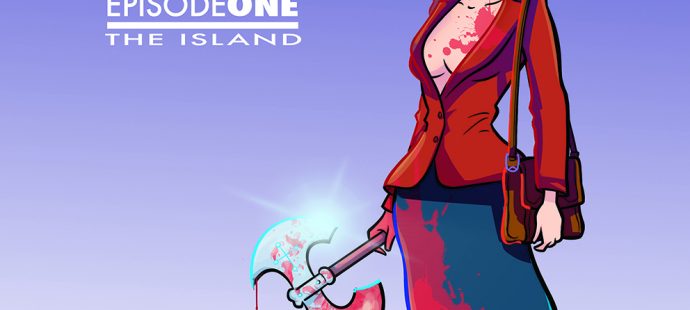
Outis 2023 the Amazons
Outis 2023 the Amazons Scheduled Fall 2023 English and French edition only

Outis 2023 the Amazons Scheduled Fall 2023 English and French edition only
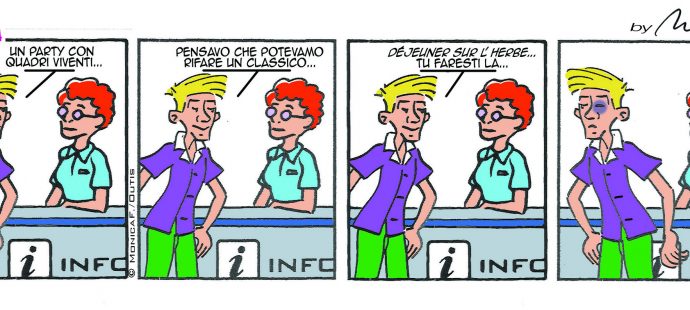
Xtina quadri viventi
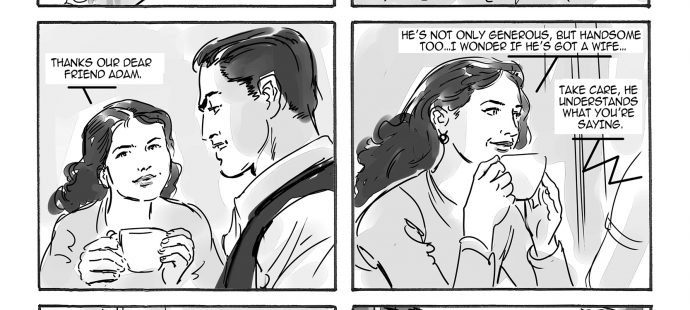
Adam‘s adventure Rome Open City episode 23 Rome, Open City (Italian: Roma città aperta, also released as Open City) is a 1945 Italian neorealist war drama film directed by Roberto ...
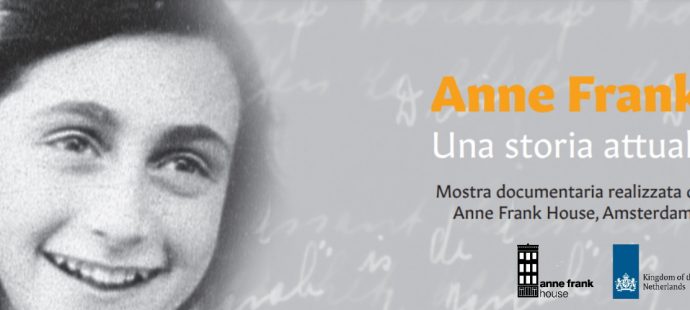
Anne Frank – a history for today Mantova, Casa del Mantegna
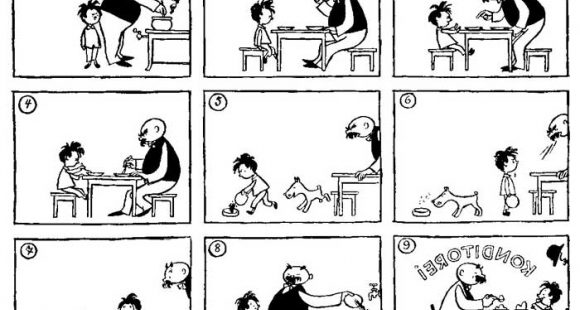
Cartoonist killed by the Nazis E. O. Plauen (often stylized as e.o.plauen) was the pseudonym of Erich Ohser (March 18, 1903 – April 5, 1944) (some sources give his birth ...